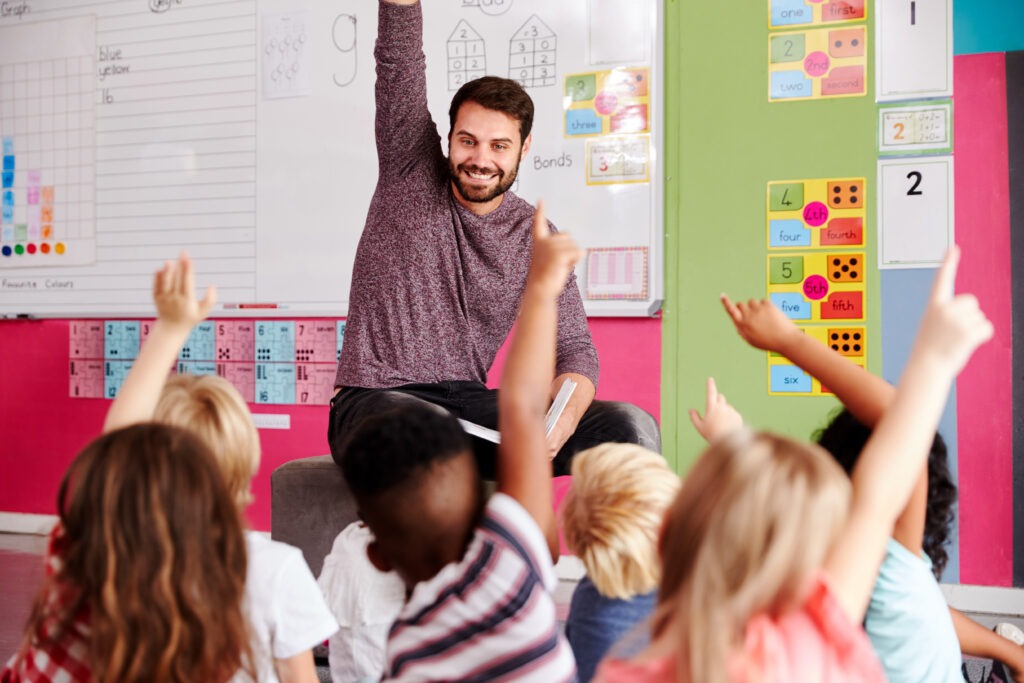Introduction
In a world where our children face an ever-growing array of challenges, the importance of nurturing their emotional well-being has never been more vital. Parents and educators understand that emotional well-being is not just a buzzword; it’s the cornerstone of a child’s healthy development. By taking a proactive approach, we can equip our children with the tools they need to thrive emotionally and academically before they begin to struggle.
I’ve gathered a great deal of research and in this article, we delve into the concept of being proactive with emotional well-being, drawing insights from some of our renowned experts such as Jon Kabat-Zinn, the Collaborative for Academic, Social, and Emotional Learning (CASEL), and the Pediatric Society of Canada.
What Does the Science Say?
- Jon Kabat-Zinn
Renowned for his work in mindfulness-based stress reduction, Jon Kabat-Zinn emphasizes the importance of cultivating mindfulness practices, not just for adults but also for children. Research suggests mindfulness techniques can help children manage their emotions, reduce anxiety, and enhance their overall emotional well-being.
By teaching children to be present at the moment, to acknowledge their feelings without judgment, and to use mindfulness exercises like deep breathing, parents and educators can contribute significantly to their emotional development. Mindfulness offers children a toolkit to navigate their emotions effectively.
- The Collaborative for Academic, Social, and Emotional Learning (CASEL)
CASEL has conducted extensive research on social and emotional learning. Their findings indicate that children who engage in SEL programs tend to perform better academically, experience fewer behavioral issues, and have improved emotional well-being.
SEL involves teaching children vital life skills such as self-awareness, self-regulation, empathy, and effective communication. This holistic approach enables children to understand and manage their emotions, form healthy relationships, and make sound decisions. Implementing SEL strategies at home and in the classroom fosters an emotionally nurturing environment for our kids.
- Insights From the Pediatric Society of Canada
The society emphasizes the importance of early intervention in children’s emotional well-being. Their research indicates that children who receive early support for emotional challenges are more likely to develop the necessary skills for emotional regulation and resilience.
Parents and educators play a crucial role in identifying signs of emotional distress in children and providing appropriate interventions. By being proactive in recognizing and addressing emotional difficulties, we can help our children develop a solid emotional foundation for their future.
Proactive Strategies for Nurturing Emotional Well-Being
- Open Communication: Encourage children and students to express their feelings openly. Create a safe space where they can share their emotions without judgment. Engage in active listening to understand their perspective. When this becomes normalized, it also becomes natural.
- Mindfulness Practices: Introduce mindfulness exercises into daily routines. Simple activities like deep breathing and guided meditation can help children manage stress and anxiety. Children can have a “toolbox” of strategies to choose from.
- SEL Programs: As an educator, consider implementing SEL programs in the classroom. These programs can enhance emotional intelligence, problem-solving skills, and social awareness in students.
- Early Intervention: Be vigilant in recognizing signs of emotional distress in children. Seek professional guidance when necessary to address emotional challenges proactively. Follow your instincts if you feel something is of concern.
- Use Visualization Techniques and Engaging Teaching Tools Visualization allows children to explore and understand their emotions on a deeper level. Encourage them to close their eyes, take deep breaths, and envision a peaceful place where they can manage their emotions. Visualization can help children calm their anxieties and build self-confidence, making it a powerful tool in their emotional well-being toolkit.
When we use evidence-based books to teach emotional well-being (as one example), children can relate and become engaged in the story. Teaching children from a young age to name, recognize, and manage their emotions is proactive. It is never too late! Engaging children with relatable characters, thought-provoking narratives, and follow-up conversations helps them practice the strategies. Educational tools guide our children and youth as they develop these essential skills.

Conclusion
Nurturing our children’s emotional well-being is not just an option; it’s a responsibility we owe to the next generation. By drawing insights from experts like Jon Kabat-Zinn, CASEL, and the Pediatric Society of Canada, we can adopt proactive strategies to help children at home and students in schools thrive emotionally and academically.
Science is clear, and the benefits are undeniable – investing in our children’s emotional well-being today is an investment in a brighter, emotionally resilient future for them. So, whether you’re a parent or an educator, by adopting these proactive strategies, you can empower children to navigate life’s challenges with confidence and empathy, instilling in them the resilience, self-confidence, and problem-solving skills they need for a prosperous future.
Additional research related to children’s emotional well-being
About the author, Lynn Mclaughlin
Lynn has served in many roles as an educator … Superintendent, Principal, Vice-Principal, Teacher, and Educational Consultant in a board of over 35,000 students. Lynn’s professional speaking experiences have been local, provincial, and international. She is passionate about children’s emotional well-being and what we as adults must do to ensure our children have the skills, mindset, and strategies to be successful and happy in today’s world.
As a best-selling and award-winning author, Lynn has now teamed up with her niece, Amber Raymond, to co-author a children’s book series titled, “The Power of Thought.” Both are passionate about being proactive when it comes to children’s mental health. Lynn has hosted the podcast, Taking the Helm for almost four years and is proud to bring forward the voices of others to learn with and from. Her show can be found on VoiceAmerica on the Health and Wellness Channel.
Dedicated to community causes, Lynn is a member of 100 Women Who Care and is a Rotarian. As a brain tumour survivor, she works tirelessly to support the goals of the Brain Tumour Foundation of Canada.





